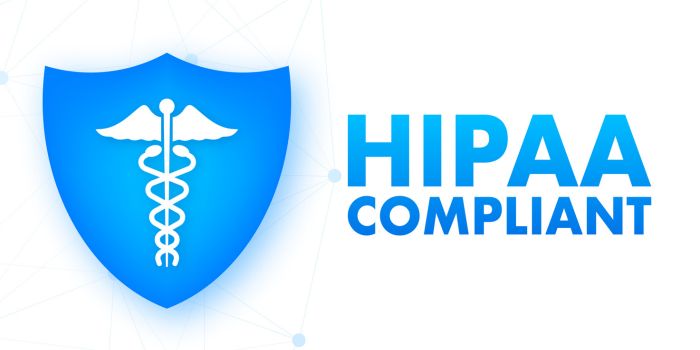HIPAA compliance certification is essential for any organization handling protected health information (PHI). It ensures your systems and processes meet the legal requirements set by the Health Insurance Portability and Accountability Act (HIPAA). This blog answers common questions like how to get HIPAA compliance, its cost, and how certification works in India.
What Is HIPAA Compliance Certification?
HIPAA certification verifies that your business, employees, or software solutions follow all rules to protect health information. While the U.S. The Department of Health and Human Services (HHS) does not offer direct certification, many trusted third-party organizations provide HIPAA compliance certification online.
How to Get HIPAA Compliance?
- Conduct a Risk Assessment – Identify data security gaps.
- Implement Safeguards – Physical, administrative, and technical.
- Train Employees – Educate staff on HIPAA guidelines.
- Hire a Consultant or Platform – Services like Prowise Systems help streamline the process.
- Get Audited and Certified – A third-party certifier evaluates your readiness.
Prowise Systems offers complete guidance on how to get HIPAA compliance, including training, documentation, and audit support.
What Is the Cost of HIPAA Certification?
The cost of HIPAA certification varies. For small clinics or startups, it may start around $1,000 to $5,000. Larger healthcare organizations may spend more, depending on scale and complexity. Platforms like Prowise provide scalable pricing for companies in the U.S. and HIPAA compliance certification in India.
Does India Have HIPAA Compliance?
India does not have a local HIPAA law, but companies that handle U.S. healthcare data—such as BPOs, IT firms, and telehealth platforms—must be HIPAA compliant. This makes HIPAA compliance certification in India a growing need, especially for medical outsourcing services.
Prowise Systems supports Indian companies to achieve HIPAA readiness with tailored audit checklists, training, and documentation.
What Are the HIPAA Certification Requirements?
Key requirements for HIPAA certification include:
- Risk Analysis & Management Plan
- HIPAA Policy Documentation
- Employee Training Records
- Security and Privacy Safeguards
- Regular Audits and Reporting
These are mandatory whether you’re applying as an organization or seeking HIPAA certification for individuals.
HIPAA Compliance Certification Near Me
If you’re searching for HIPAA compliance certification near me, the good news is that many providers offer it entirely online. Prowise Systems, for example, enables individuals and businesses across India and globally to access expert certification support, no matter the location.
Why Choose Prowise Systems?
Prowise Systems simplifies the process with:
- Guided certification for companies and professionals
- Expert support and documentation
- Online employee training
- Support for Indian and international clients
Their team responds quickly, ensures clear communication, and supports you until you’re fully HIPAA compliant.
Final Thoughts
Getting HIPAA compliance certification online is easier than ever. Whether you’re a solo practitioner or a large organization, following the correct steps and partnering with the right platform—like Prowise Systems—makes the process smooth and affordable. For Indian companies handling U.S. healthcare data, now is the time to act and ensure your data protection standards match global expectations.
FAQs
1. Can individuals get HIPAA certified?
Yes, HIPAA certification for individuals is available through various online programs. It helps professionals understand compliance requirements and handle patient data responsibly.
2. Is HIPAA certification legally required?
HIPAA certification itself isn’t legally required, but being HIPAA compliant is. Certification helps prove you’ve met the required standards.
3. How long does HIPAA certification take?
It can take a few days to a few weeks, depending on the size of the organization and preparedness. With platforms like Prowise Systems, the process is fast-tracked.
4. Do Indian companies need HIPAA compliance?
Yes, if they deal with U.S. healthcare clients or data. HIPAA compliance certification in India is essential for BPOs, health tech companies, and outsourcing agencies.


